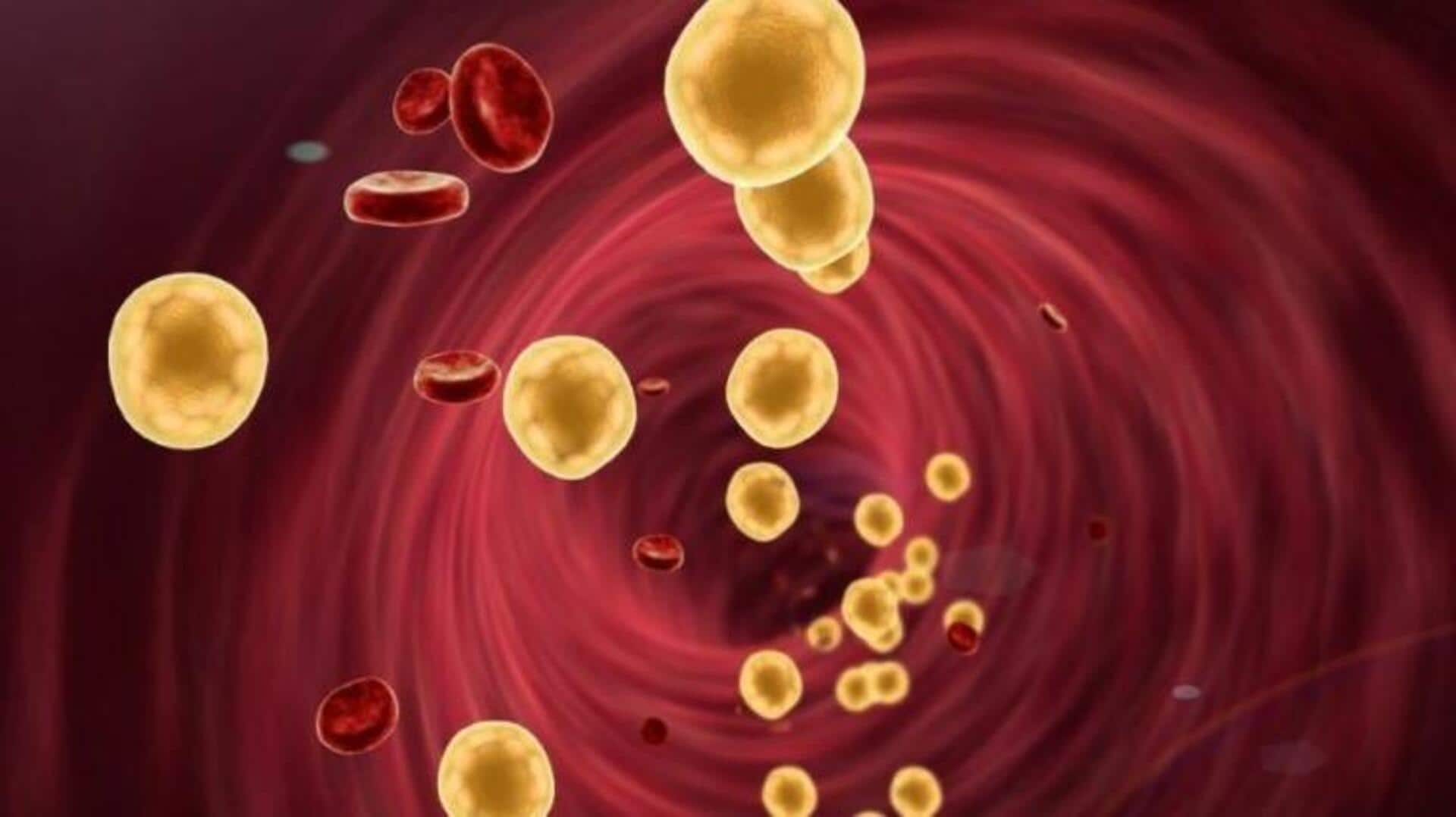
New study reveals how liver flushes out cholesterol
What's the story
In a groundbreaking study, researchers at the University of Leeds have revealed a new way in which the liver rids the body of cholesterol. The discovery could pave the way for more effective treatments for cardiovascular disease, the leading cause of death worldwide. The study looked at bile production, an essential process for removing excess cholesterol from the body, and its link with blood flow into the liver.
Key findings
Bile production and blood flow: A crucial connection
The study found bile production is affected by how quickly blood enters the liver via the "portal" vein from the intestine. It was found that this blood flow varies throughout the day as a result of movement, rest, and eating. The researchers found an inverse relationship between bile production and portal vein blood flow, with bile production increasing during periods of decreased blood flow due to exercise or fasting.
Health risks
Implications of low bile production on health
The research also emphasized that low bile production can result in high cholesterol levels in the blood, which may contribute to fatty liver disease. If untreated, this can progress into liver inflammation and fibrosis. Dr. Laeticia Lichtenstein, the lead researcher of the study, stressed the importance of their findings saying, "This discovery...is incredible." She added that these findings could help doctors treating liver and digestive system diseases.
Novel discovery
Link between portal vein blood flow and cholesterol
Published in Science Advances, the study is the first to link portal vein blood flow to blood cholesterol levels. It found that a pressure-sensing protein called PIEZO1 senses the change in blood flow rate through the vein. This initiates a chemical reaction that converts cholesterol into bile acids for removal from the body. The study highlights the liver's importance in controlling fat levels in blood and avoiding fatty liver disease, cirrhosis, liver failure, and cancer.
Cholesterol types
Cholesterol: A double-edged sword
Cholesterol, a fat necessary for normal body functioning, can be both good and bad. There are two types of cholesterol - "good" cholesterol that helps body functions and "bad" cholesterol that can build up in arteries, increasing heart disease and stroke risks. High cholesterol levels may be due to genetics, certain medications or health conditions but are also associated with lifestyle factors like unhealthy diets, lack of physical activity, obesity, smoking and excessive alcohol consumption.